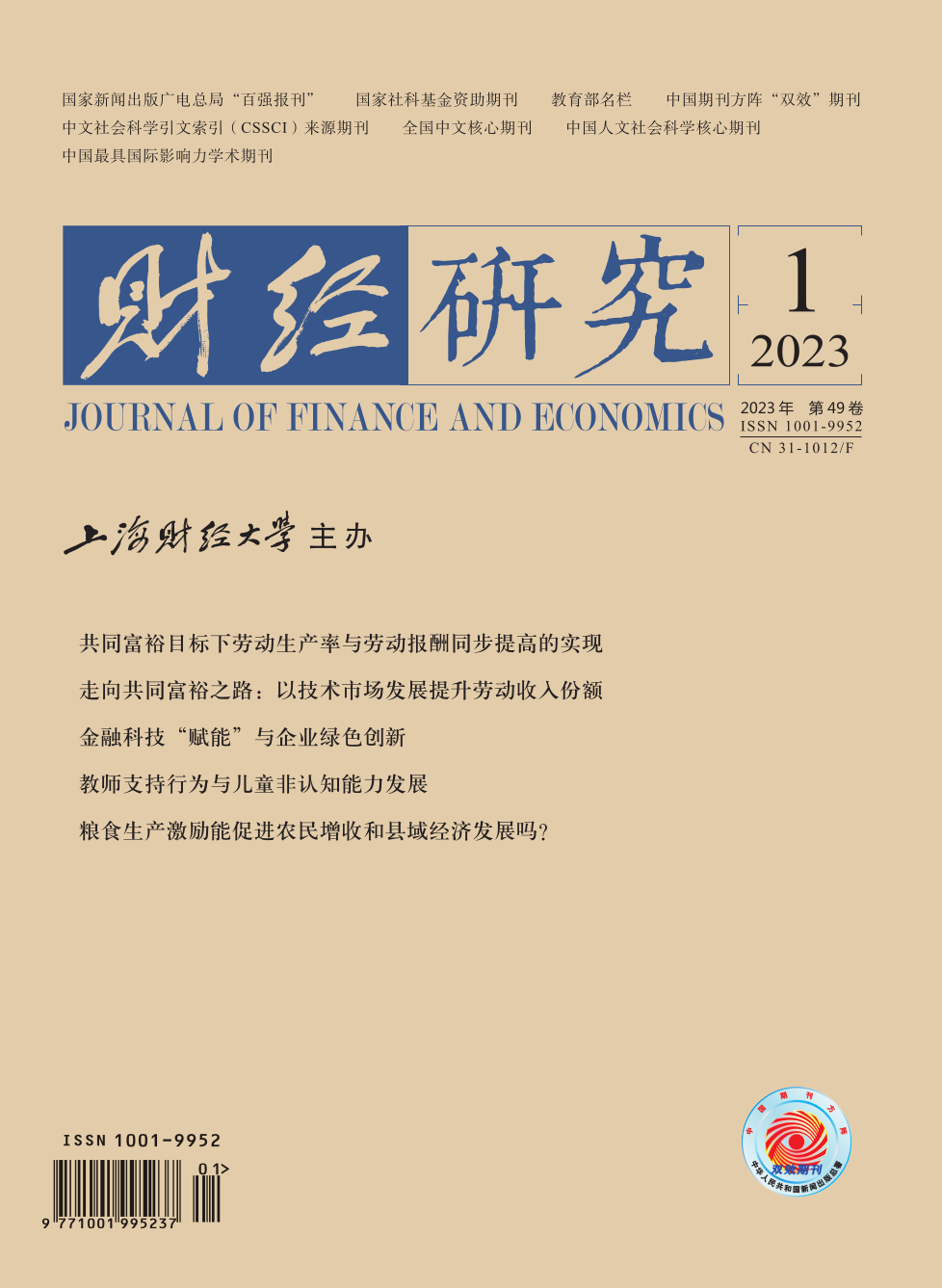The ultra-low fertility rate has become a major challenge faced by the Chinese society. The effect of simply relying on the relaxation of the fertility policy to stimulate the fertility rate is relatively limited. It is also necessary to explore supporting measures to increase the willingness to bear children from the real constraints of the inter-generational distribution of resources for families of childbearing age. The pressure of filial piety and raising children is an important factor in the decision-making of every childbearing age family. Grasping the key points of filial piety and raising children at the same time can not only provide ideas for effectively improving China’s fertility rate, but also provide support for enhancing family development capabilities. From the perspective of the superimposed pressure of filial piety and raising children, it is more in line with the real constraints faced by families of childbearing age in fertility decision-making, which fully explains the inter-generational impact on the fertility decision-making of young children, and broadens the research dimension of the influencing factors of fertility decision-making.
Based on the above background, this paper empirically examines the inter-generational impact of parental pension investment on young children’s fertility decision-making using the data from the China Family Panel Studies (CFPS). The conclusions are as follows: First, parents’ participation in formal pension investment has a significant effect on the fertility decision-making of young children, and it is not found that parents’ participation in informal pension investment has this effect. Second, the old-age security that parents may obtain by participating in formal old-age investment and the ability to stimulate self-pension planning can reduce the financial support of the offspring, thereby reducing the crowding-out effect of the offspring’s filial piety on childcare and improving the offspring’s fertility probability. Third, the inter-generational effect of parents’ participation in formal pension investment and self-care on offspring fertility is more obvious in the offspring whose husbands do not participate in childcare, women work in non-state-owned sectors, work units do not provide maternity insurance, and fertility opportunity costs are higher, which has a greater promotion effect.
To better improve the low fertility level, this paper puts forward the following suggestions: First, reduce filial piety costs by speeding up the construction of the third pillar of pensions. Second, reduce female fertility costs by improving social childcare services, and earnestly pay attention to women’s social welfare. Third, ease the pressure on families of childbearing age through social childcare services.





 5047
5047  8580
8580

